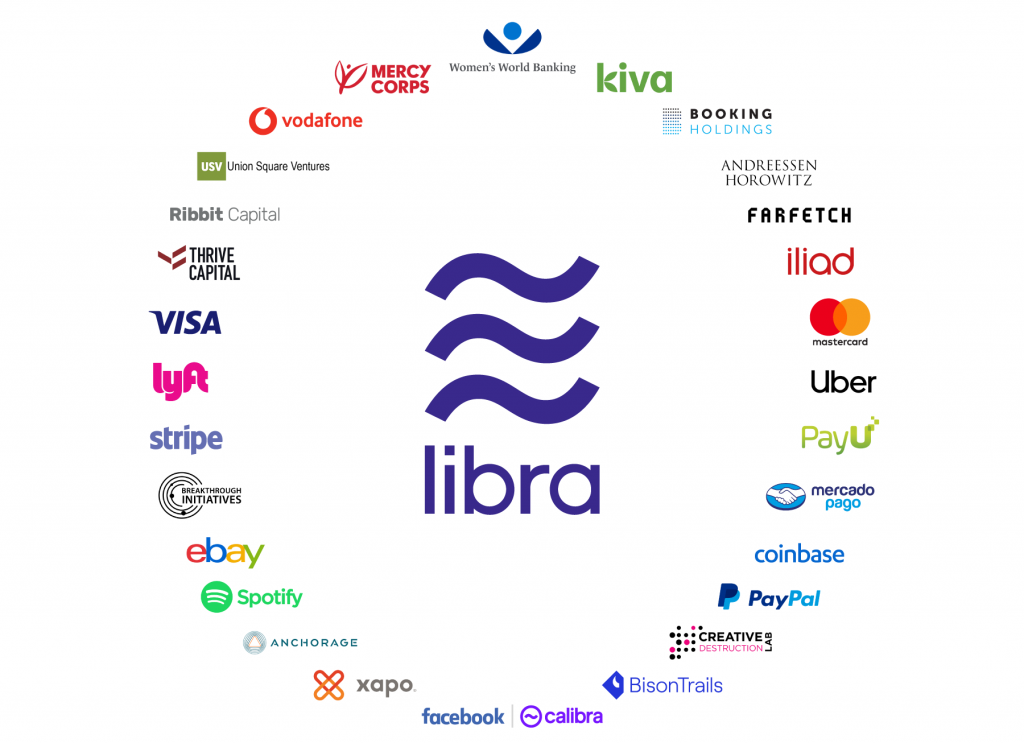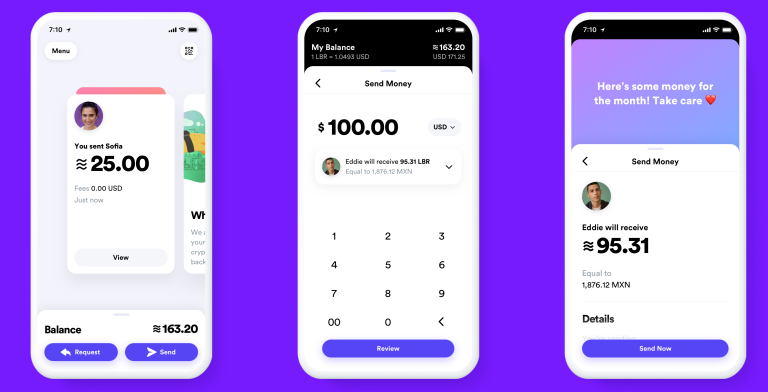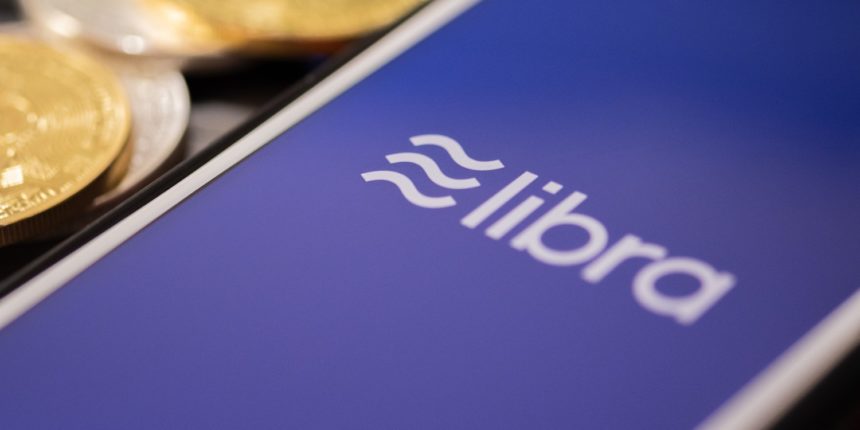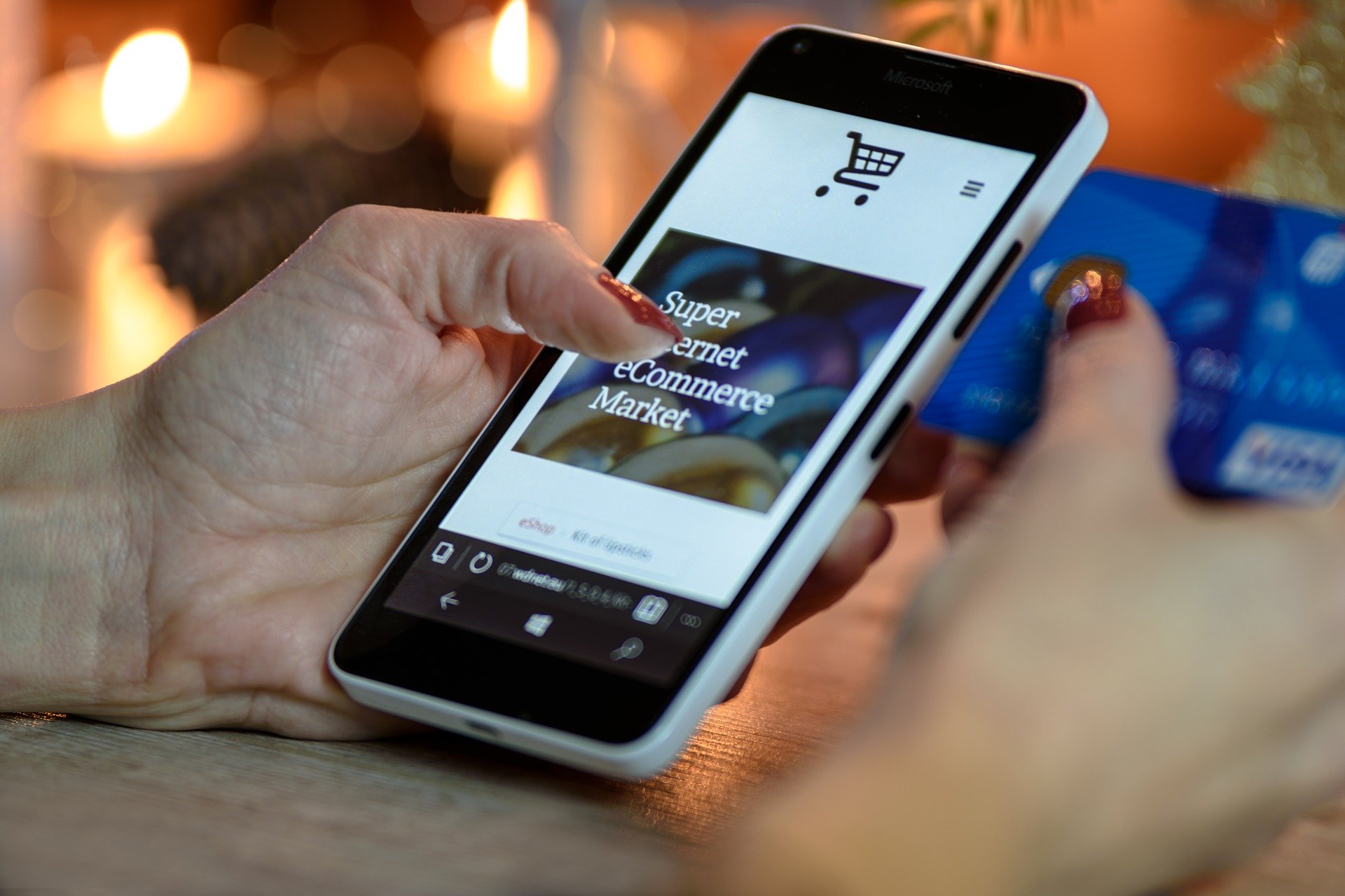Facebook has announced its cryptocurrency, Libra, which allows its thousands of users to make financial transactions with nearly zero fees. After the announcement, Libra has grabbed great attention and become one of the hottest topics around the globe right now.
What is Libra?
In Facebook’s Libra documentation, it said that Libra is a “global currency and financial infrastructure”. That means Libra is a digital asset created by Facebook and powered by a new Facebook-created version of the blockchain, the encrypted technology used by bitcoin and other cryptocurrencies.
The name Libra comes from the word for a Roman unit of weight measure. The abbreviation lb for pound is derived from Libra. And the £ symbol originally comes from an ornate L in Libra.
A Libra is a unit of the Libra cryptocurrency. And it was represented by a three wavy horizontal line unicode character ≋. The value of a Libra that makes it stand out with Bitcoin, Ethereum and other digital currencies is staying largely stable. In other words, its price will be stable and not suffer huge fluctuations.
Who is in charge of Libra?
Facebook will not fully control Libra, instead, the currency will be serviced by a collective of companies called the “Libra Association”. In the Libra Association, the companies who contributed a minimum of $10m(£8m) will be founding members of the Libra Association. As reported by The Block’s Frank Chaparro, there are 28 soon-to-be founding members of the association, include:
- Payments: Mastercard, PayPal, PayU (Naspers’ fintech arm), Stripe, Visa
- Technology and marketplaces: Booking Holdings, eBay, Facebook/Calibra, Farfetch, Lyft, Mercado Pago, Spotify AB, Uber Technologies, Inc.
- Telecommunications: Iliad, Vodafone Group
- Blockchain: Anchorage, Bison Trails, Coinbase, Inc., Xapo Holdings Limited
- Venture Capital: Andreessen Horowitz, Breakthrough Initiatives, Ribbit Capital, Thrive Capital, Union Square Ventures
- Nonprofit and multilateral organizations, and academic institutions: Creative Destruction Lab, Kiva, Mercy Corps, Women’s World Banking

This not-for-profit organization based in Switzerland. And it serves two main functions. The first one is to validate transactions on the Libra blockchain. And the second function is to manage the reserve Libra is tied to and allocate funds to social causes.
Also, Facebook is launching a subsidiary company, which is Calibra. That company takes responsibility for handling its crypto dealings. Plus, it protects users’ privacy by never mingling your Libra payments with your Facebook data. Therefore your information can not be used for ad targeting. This also means that your real identity won’t be tied to your publicly visible transactions.
How does Libra work?
As we have said above that the value of a Libra will stay largely stable, so merchants do not need to worry that they will pay a Libra today that’s then worthless tomorrow. The Libra’s value is similar to a basket of bank deposits and short-term government securities for a slew of historically stable international currencies, such as the dollar, pound, euro, Swiss franc, and yen. The Libra Association maintains this basket of assets.
If there is any large price fluctuation in any one foreign currency, it will make some changes in the balance of its composition. Then the value of a Libra will stay consistent.
The Libra Association is still trying yo figure out the starting price for the Libra. But the value of a Libra will be somewhere close to the value of a dollar, euro or pound. So it’s easy to conceptualize.
Then, Libra works when you put some money in and keep a balance of Libra so you can spend at accepting merchants and online services. To trade in your local currency for Libra, you can use certain wallet apps. For example, you can use Facebook’s Calibra, third-party wallet apps. It likes convenience or grocery stores where people already go to top-up their mobile data plan.

Some will wonder how Facebook can make money from Libra. The answer is that Facebook/Calibra and other founding members of the Libra Association will earn interest on the money users cash in.
You might also like A Must-Attend Event in This Year, Blockchain Expo North American 2019
There are a few concerns about Libra
Because Facebook has had a huge scandal about private data with Cambridge Analytica, people will really worry about privacy. To deal with this problem, the company has said it will implement technologies to prevent money laundering and fraud.
“We will be using all the same verification and anti-fraud processes that banks and credit cards use, and we’ll have automated systems that will proactively monitor activity to protect and prevent fraudulent behavior,” Facebook said.
This is also the reason why Facebook does not fully control Libra. Facebook’s blockchain lead, David Marcus said, “If we were controlling it, very few people would want to jump on and make it theirs.”
The company using blockchain technology that powers Bitcoin for Libra. Therefore, Libra is pseudonymous meaning a user’s identity is never exposed to the public. It also claims it will provide “live support” to help users who lose access to accounts. And, in case a user loses money through fraud, Facebook has offered refunds.
The opportunities that Facebook’s Libra offers
Facebook has a massive number of users which is more than 2.41 billion people around the globe. It is undeniable that Facebook has the highest coverage, many citizens from many countries use it. And for some people in poor countries that do not have access to a bank account, Facebook’s Libra offers an opportunity to join the digital world and access a plethora of new digital goods and services.
So how Libra can do that? It will reach out to the unbanked and help them create accounts. Then, they can enjoy the online shopping experience. If Libra can be successful, it can bring 1.7 billion people who lack a bank account into the Facebook marketplace.
On the other hand, this is also a chance for e-commerce businesses to expand their global reach and customer base. The above incredible amount of unbanked people may become potential new customers for e-commerce businesses.



